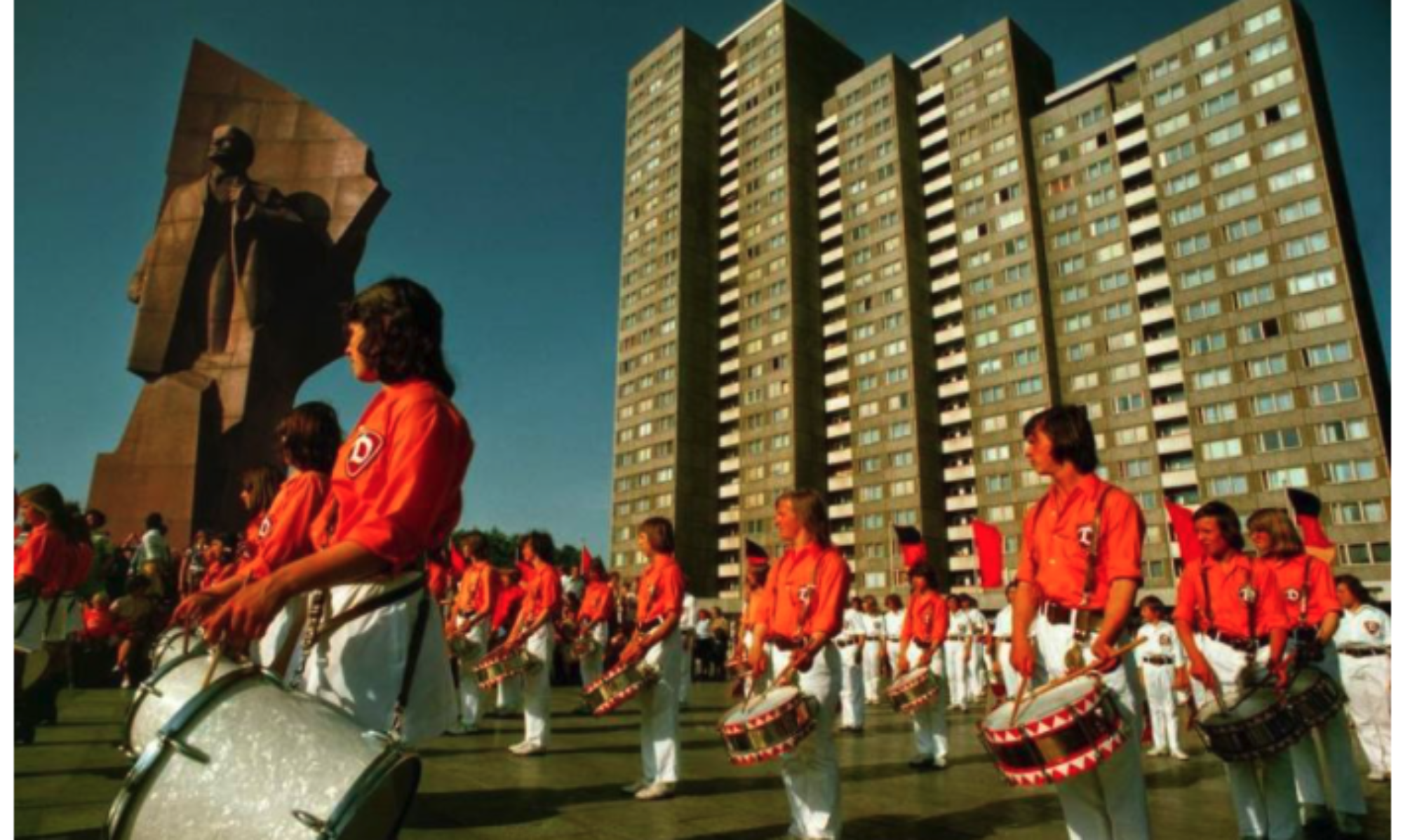Kovaly offers to us the perspective of Hungarian life before the revolution – something I think we were all missing when we read through the interviews for Monday’s class. This is an important insight we now have.
In pages 93-104, Kovaly describes in detail the lead up to the revolution. This included a shortage of basic household resources, the devaluation of currency, a housing crisis, and general discomfort and horrible living conditions for everyone – especially the elderly. However, she speaks more to the struggle her husband faces as he starts to see the reality of the communist party.
“If you’re right, if it is really a fraud, then Ive been an accomplice in a terrible crime. And if I had to believe that, I could not go on living…” (Kovaly, 104)
I can’t help but wonder if this mentality is something a majority of party officials, who were devoted to the party because they thought it was doing good, felt the same way. Could this be the reason why so many people supported the revolution? To make good on the crimes they may have committed while being an official in the party?
As the story goes on, we find out that Rudolf is arrested, and later, we find out his devastating fate. Kovaly, after her last time speaking with him, finds a newfound strength to get away from the officers who escorted her to the prison. Unfortunately, though, the party offered her no explanation for his death, except that he was “involved” in treasonous activities. Even still, they refuse her a death certificate or a copy of a verdict. What would be the reason for this? Was it a matter of covering their tracks?
At the end of this story, we see that Kovaly had finally had some sort of resolution. She began the healing process with her son in Bulgaria, which seemed to at least provide some solace for losing her husband.
What can we learn from this memoir from Kovaly? Are all of the Soviet leaders in this story “bad”? And, what kind of impression does this leave on you after reading the interviews?

I also thought that it was key how Kovaly listed the devaluation of currency and the housing crisis, as it highlights how this revolution can be seen to stem from origins of economic strife. On the question if the majority of party officials felt the same way as her husband, I’d have to disagree. If this was the case and the ruling majority of officials did feel this sentiment of guilt or remorse, I believe the events would have unfolded much differently. However I do believe that many people eventually felt as if communism was “lying” to them and do agree to this being a potential reason for many to support its removal. In the same regard I would also agree that some people felt major guilt for believing in communism for so long, subsequently leading them to participate in a similar way. My guess as to the secrecy of the husband’s death was that he tried to redeem the guilt he felt by aiding the revolution and ultimately ended with his execution. In the end, I do not believe all Soviet leaders were “bad”. “Bad” in itself is an extremely relative idea. To me, to be truly bad means one has no redeemable qualities or traits whatsoever. The impression I was left with at the end was the feeling of just how influential these events were for those involved, the entirety of Russian, and even Western society to some extent.